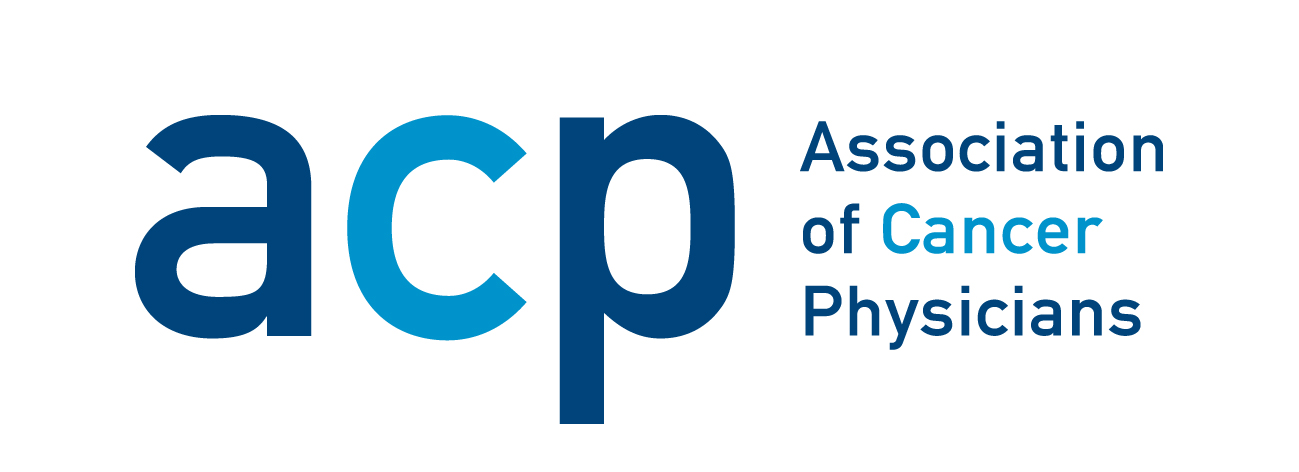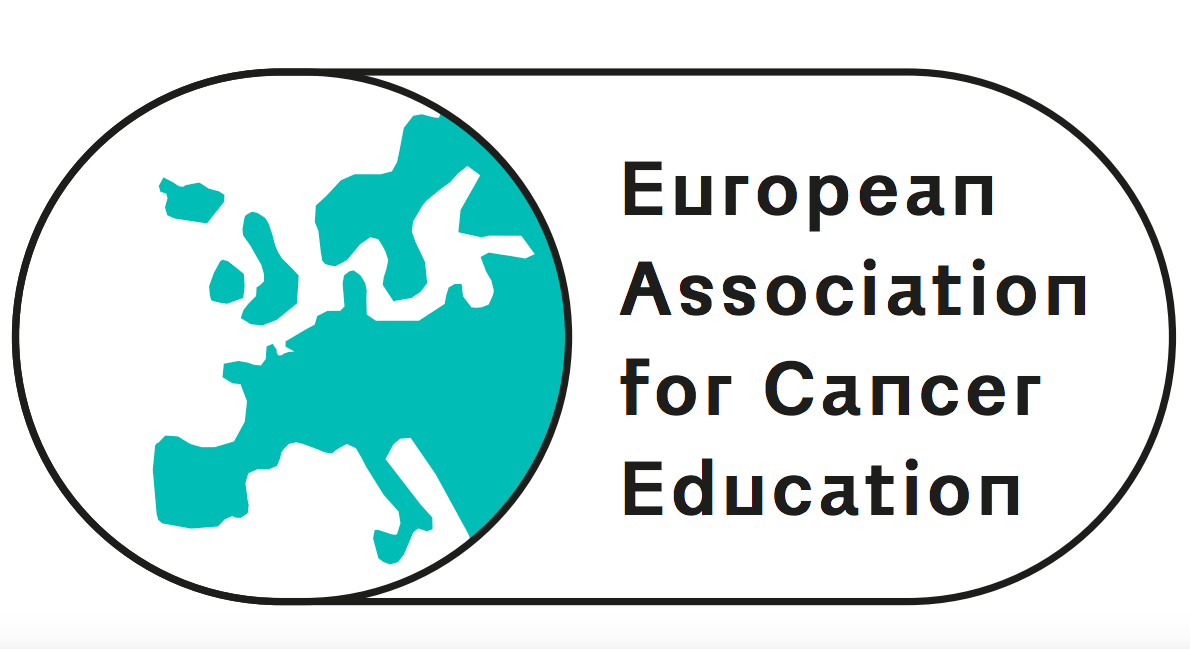EACE Programme
Day 1: Friday, 12th September: Workshops & Emerging Research
13:00 – 13:15 | Welcome and Opening Remarks
Conference Chair and EACE President
Introduction to meeting themes: equity, digital innovation, patients’ involvement
13:15 – 15:30 | Educational Workshops
Focus areas: Digital Tools and e-Learning in Cancer Education
Communicating Risk and Uncertainty to Patients
Co-Designing Patient Education with Survivors
…
15:30 – 16:00 | Refreshment Break
16:00 – 17:00 | Abstract Session – Speed Talks (Emerging Research)
10× 5-min presentations + Q&A
Topics may include: AI in education, misinformation, social media, equity.
Day 2: Saturday, 13th September: Advances and Perspectives in Cancer Education
09:00 – 11:00 | Abstract Session – Thematic Panels
Focus areas: Inter-professional education, cancer prevention, and curricula reform
11:00 – 11:30 | Refreshment Break
11:30 – 13:00 | Plenary Talks – Global & Future Perspectives
Speakers: TBA
…
13:00 – 14:00 | Business Lunch (EACE Council meeting optional)
14:00 – 15:30 | Abstract Session – Student & Early Career Highlights
Shortlisted abstracts from students and early-career researchers
15:30 – 16:00 | Refreshment Break
16:00 – 17:00 | Milly Haagedorn Memorial Lecture
Renowned educator on Cancer Education
18:00 – 20:00 | Networking and Food Reception Dinner
Day 3: Sunday, 14th September: Translational Education and International leadership
09:00 – 09:30 | EACE Plenary Lecture
Speaker: TBA, EACE
09:30 – 11:00 | Abstract Session – Multidisciplinary Impact
Includes palliative care education, patient navigation, team-based learning…
11:00 – 11:30 | Refreshment Break
11:30 – 12:00 | AACE Plenary Lecture
Speaker: TBA, AACE
12:00 – 14:00 | Business Lunch – EACE
14:00 – 17:00 | Public Engagement Sessions with UK Society for Medical Oncology
17:00 | Closing Remarks & Adjournment
Summary, awards, and announcement of future initiatives
Hot Topics Embedded Across Sessions
- Health equity and cultural competence
- Digital and AI-driven education tools
- Risk communication and prevention
- Patient and survivor education
- Inter-professional and team-based learning
- Global oncology education (LMICs focus)
- Combating misinformation and promoting media literacy
- Curriculum innovation and co-creation with patients




